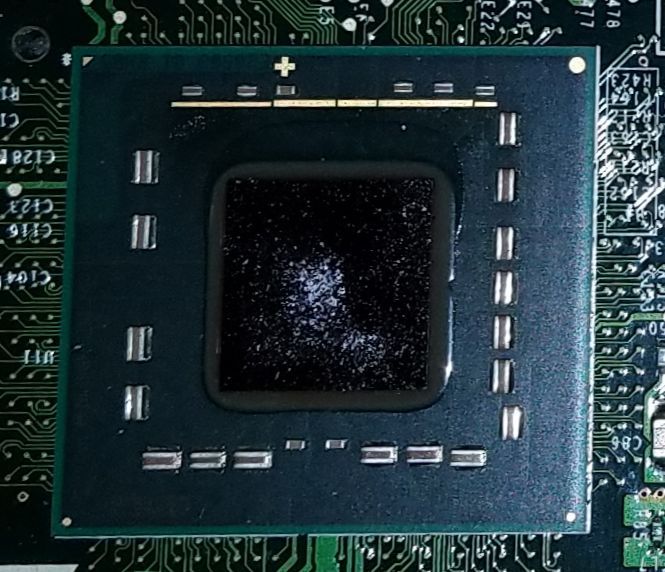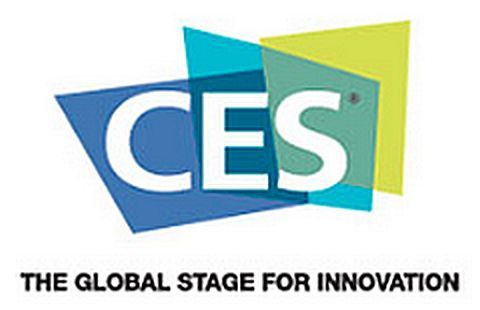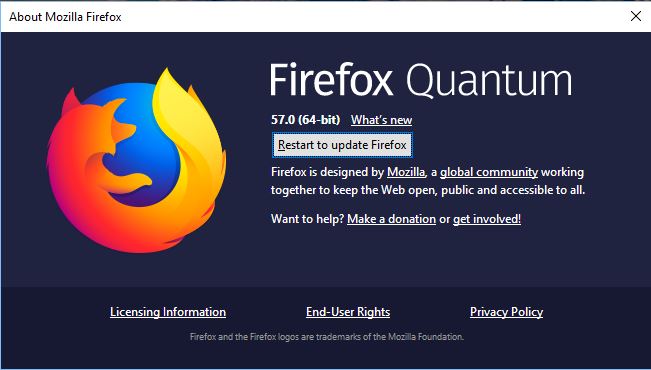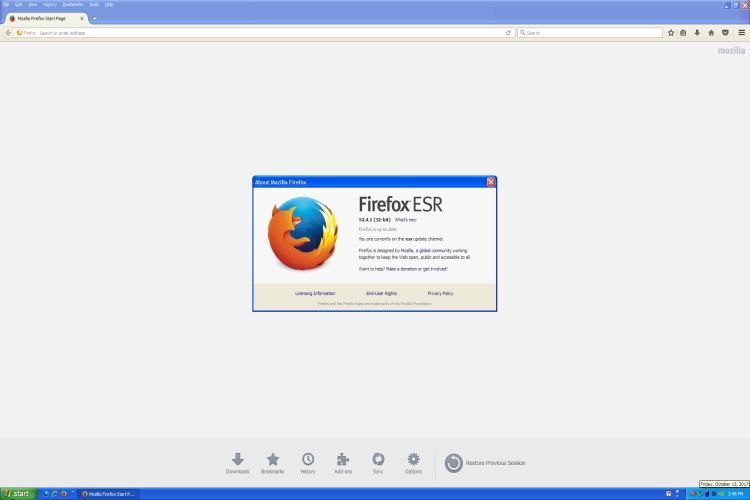Meltdown And Spectre CPU Flaws Must Be Addressed NOW

The image above is that of a CPU in a system I was recently working on and it might be a victim of either the Meltdown or Spectre exploits. This is NOT limited to Intel processors and in fact it involves AMD, ARM and Qualcomm processors and likely even more. The potential impact of these vulnerabilities is not to be underestimated. This might be scarier than any ransomware yet released because these vulnerabilities can affect the core operation of almost any computer and the exact method of corrective action appears to be elusive. It's not about Windows, not about IOS, not about Linux; it is rather about the majority of central processing units that exist today no matter what software is involved.THAT means your computer's CPU (processor for short) - or even that of your smartphone - may well be the victim in these cases as opposed to whatever software that CPU is handling. Given the likely scope of impact it's rather clear that Meltdown and Spectre CPU flaws must be addressed NOW.




